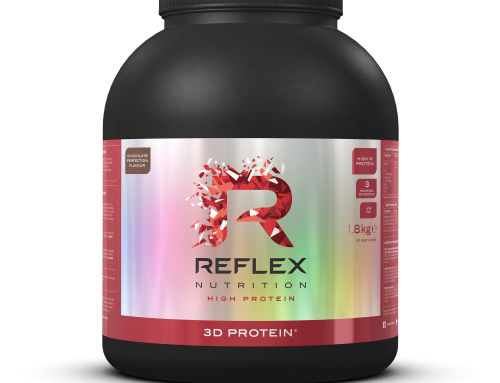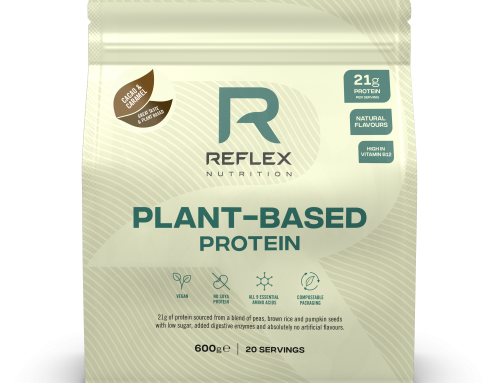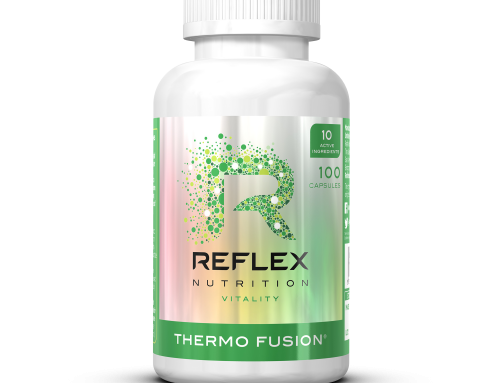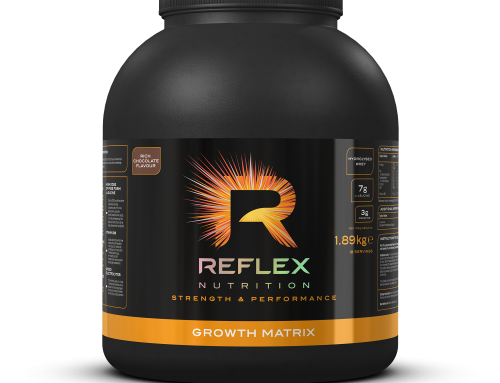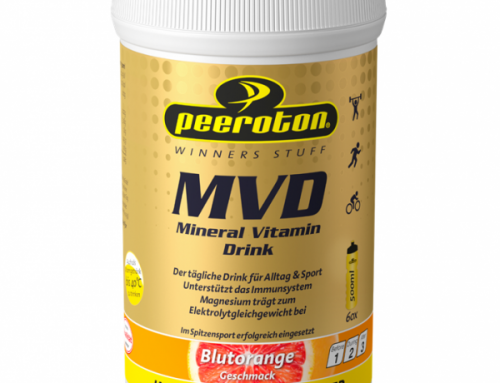Applied Nutrition Creatine Monohydrate
Creatine Monohydrate is a product from UK based company Applied Nutrition. This product states that it can delay the onset of fatigue, increase energy metabolism in the muscle cells and enhance the body’s overall training capability. This review will aim to examine the ingredients in this product to see if it can support the claims made.
Ingredients
100% Micronized Creatine Monohydrate
Creatine monohydrate, (CM) is defined as a nitrogenous organic acid that occurs naturally in humans and aids in the supply of energy to cells in the body, (1). The majority of CM, 95%, can be located in the skeletal muscle with the rest distributed to the brain, heart and smooth muscles.
Creatine has been found to increase the replenishment of ATP stores in the skeletal muscles (2). It is attributed to a greater rate of phosphocreatine resynthesis during the rest periods. Higher sprint speeds reported (3). There have been numerous theories proposed as to why creatine is a benefit to short term high intensity exercise (3). One theory is that the increased amount of phosphocreatine, (PCr), can be used as an immediate buffer to ATP which reduces the dependence of glycolysis which delays the production of lactate and hydrogen ions during exercise thus prolonging the activity by delaying the onset of fatigue, (4).
Summary
This product contains ingredients that can delay the onset of fatigue, increase energy metabolism in the muscle cells and enhance the body’s overall training capability. This product should be consumed once a day of 5g. This product has no banned substances when referring to the WADA prohibited list when observing the label / ingredients posted on the website.
*NOTE – This product has not been tested in a laboratory and may contain other substances that may not appear on the label
References
1 – Balsom, P. D., Soderlund, K., & Ekblom, B. (1994). Creatine in humans with special reference to creatine supplementation. Sports Medicine. 18(4), 260 – 280.
2 – Greenhaff, P.L., Bodin, K., Soderlund, K., Hultrnan, E. (1994). The influence of oral creatine supplementation on muscle phosphocreatine resynthesis following intense contraction in man. American Journal of Physiology, 266(5), 725-730.
3 – Jones, A. M., Atter, T., & Georg, K. P. (1999). Oral creatine supplementation improves multiple sprint performance in elite ice-hockey players. Journal of sports medicine and physical fitness, 39, 189-196.
4 – Hultman, E., Soderland, K., Timmons, J. A., Cederblad, G. & Greenhaff, P. L. (1996). Muscle creatine loading in men. Journal of Apllied Physiology. 81(1), 232-237.
5 – Casey, A., Constantin – Teodosiu, D., Howell, S., Hultman, E., & Greenhaff, P. L,. (1996). Creatine ingestion favourably affects performance and muscle metabolism during maximal exercise in humans. American Journal of Physiology. 271(1), 31-37.
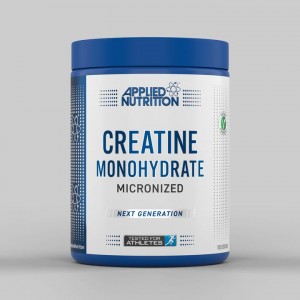
| Use for | Muscle Gain |
| Website | Appliednutrition.uk |
| Price | £14.99 – 24.99 |
